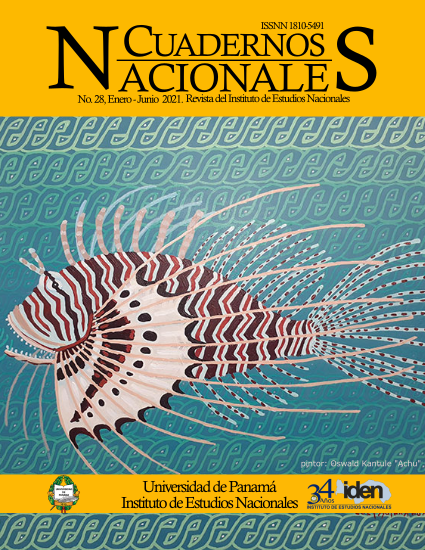

Henri Lefebvre allows observing from his Theory of the right to the city the controlling capitalism of urban development spaces. Create your urban model which is linked to the low citizen participation. The citizen participation model is imposed from above by the State and favors the capitalist real estate sector. The lefebvriana theory proposes a collective construction of the city that leads to a participatory urban model. The current legislation prevents this constructive right due to a citizen participation restricted in time, modality (public consultation), physical space even in the right to organization to duly contribute to those who make decisions when citizens are called. Land uses are attributed through territorial planning and zoning. City models developed by the real estate sector prevail industrialization structures that give priority to the market and not to human needs. The product results in a non-participatory urban planning that affects human rights. Citizen participation has been criticized for the conditions that are imposed vertically prevent the exercise of the right to the city. The consultation in the zoning is not an egalitarian space as far as the proactive right. The real estate sector requests the zoning changes for its projects. The decisions of the authorities favor the real estate sector, affect credibility in public management and reluctance in participation. The research implements the qualitative triangulation method that validates data by crossing two or more sources.